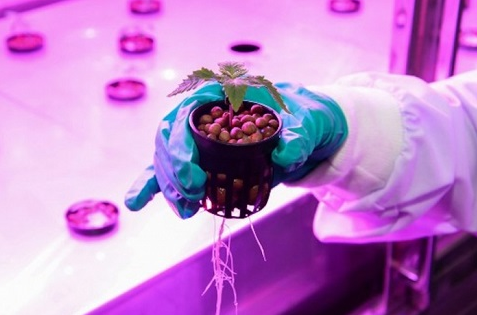Thailand to Launch First Official Medical Cannabis Trials on Volunteers
Recently, a representative from Thailand’s Ministry of Public Health announced that the country will formally begin its first trials of newly legalized medical cannabis on volunteer citizens by early July of this year. This move could pave the way for a fully operational medical cannabis market in Thailand by the end of the year, allowing private businesses to engage in the commercial production, processing, and distribution of cannabis flowers and extracts.
Historical Context and Legalization
Like many other Asian countries, Thai healers have used cannabis for thousands of years to treat various physical and psychological ailments. However, since the early 1960s, the plant was strictly prohibited after Thailand joined the United Nations convention against the production and distribution of psychoactive substances.
In December, Thailand became the first country in the region to officially legalize the production and use of medical cannabis. It’s important to note that, despite the parliamentary approval of this medical reform, all forms of recreational cannabis use and home cultivation remain strictly prohibited.
Details of the Upcoming Trials
Nuntakan Suwanpidokkul, head of the research department at the Government Pharmaceutical Organization (GPO), which operates under the direct supervision of the Ministry of Public Health, stated that by July, the country will organize large-scale testing of medical cannabis in the form of a spray extract. The goal is to study the effectiveness of the plant’s active compounds in combating chronic pain and nausea associated with chemotherapy for cancer patients.
“The trials will use only locally produced cannabis grown on secure government plantations,” Mr. Nuntakan noted. “Depending on how long it takes to set up the first plantations and cultivate the crop, the trials will begin either by early July or in August of this year.”
Government Plantations and Infrastructure
Currently, the government has already opened one such plantation in the suburbs of Bangkok earlier this year. The facility is a covered greenhouse designed to simultaneously cultivate about 140 cannabis plants. Like other similar plantations, it is equipped with fully automated irrigation, lighting, and fertilizer spraying systems.
Economic Prospects and Public Response
Both the authorities and the general public, especially local farmers, are eagerly anticipating the launch of a full-fledged private medical cannabis market, hoping for potentially huge profits from this new business sector. In anticipation of the first cannabis trials, the government announced a 90-day decriminalization period for cannabis use, technically allowing Thais to use cannabis for therapeutic purposes with a doctor’s recommendation.
Global Trends and Market Forecasts
In recent years, the movement to legalize cannabis has achieved unprecedented success. Many countries in Europe and the Americas have already passed laws legalizing some form of medical cannabis, and several nations, such as Uruguay and Canada, have fully legalized personal use of the plant.
According to analysts from the American company Grand View Research, at the current pace of global reform, the world medical cannabis market is projected to generate annual net profits of about $55.8 billion by 2021.
Challenges and Criticism
Critics argue that Thailand lacks the technological know-how and expertise needed to effectively compete with established medical cannabis exporters like Israel and Canada. “I agree that this reform is a real miracle for our country, but many experts in cannabis cultivation believe that local authorities and businesses do not fully understand all the challenges involved in plant care, as well as the many nuances of regulating the cannabis market and protecting it from criminal organizations,” said Kitty Chopaka, head of the activist group Highland Network.



